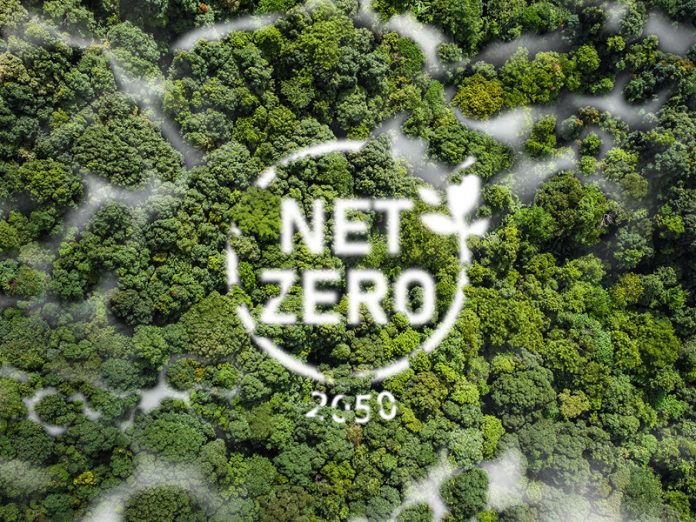With growing pressure on companies to quickly find routes to a low carbon future, David Jones and Philip Ostermeier, of Alvarez and Marsal, explore evolving business models.
Chemical businesses operate in one of the top three carbon-emitting industries and are among the most difficult to decarbonise.
However, there is growing pressure to quickly find routes to a low carbon future. Emissions disclosure is becoming stricter, with the focus shifting to indirect upstream and downstream emissions (Scope 3), which for chemicals represent around 75% of their total emissions.
The sector is also contending with numerous short-term challenges as it embarks on this journey. Crippling energy prices, price volatility and cooling consumer demand are compressing margins, forcing many companies to resort to significant cost pass-through to customers.
Others have taken emergency measures, including the temporary shutdowns of factories. However, these obstacles should not delay the implementation of sustainable decarbonisation solutions; failing to act now can put a company’s long term competitive position at risk.
Creative strategies
Because of the industry’s carbon intensiveness, initiatives to cut emissions often involve a complete rethink of energy supply strategies and require large capital investments.
These decisions are complicated by the fact that chemical businesses operate in a highly competitive and commoditised international market, where any increase in operating costs can put a company at a significant disadvantage.
Furthermore, while a company may be prepared to look through the short-term risks, it often doesn’t have the balance sheet strength to invest in a dedicated renewable energy supply chain.
Given these challenges, companies must think innovatively about decarbonisation and how to use vertical integration, cross sector and supply chain joint ventures as well as partnerships with financial investors to achieve their energy transition objectives.
Investing in clean energy supplies
While a lot of uncertainty remains about the future costs of the energy system in the net-zero economy, one thing that is clearer is that they will no longer be determined by global prices. Instead, the development of national “green” power systems will be the major influence on the availability and price of low-carbon energy.
Industrial policy plays a key role here: a case in point is the US’ Inflation Reduction Act, a huge green energy subsidy package that is expected to boost investment in carbon-free power generation, with the potential to bring renewable energy costs below those of fossil-based sources. In countries with less advanced renewable strategies, costs are likely to remain high for some time.
In this new environment, developing exclusive access to local green energy supply becomes critical for competitiveness. The move allows companies greater control of the cost base and enhanced supply chain resilience, setting businesses apart from other players in the market.
Recent partnerships show what’s possible
Some businesses are already taking steps into that direction and increasing their integration into the value chain. This can happen either by leveraging their own value chain position through significant captive power consumption capabilities or via strategic partnering with energy providers, investors and upstream actors.
Recent examples include BASF’s purchase of a stake in Vattenfall’s offshore windfarm Hollandse Kust Zuid (HKZ) with Allianz Capital Partners joining as financial co-investor later. The project, which once fully operational will be the world’s largest offshore windfarm, will enable BASF to implement low-emission technologies at several of its production sites in Europe.
Another case is Fertiberia, a portfolio company of private equity firm Triton with strong ESG focus, and Iberdrola’s joint investment in a €150 million electrolyser facility to produce green hydrogen in Spain. The hydrogen will be used by Fertiberia in its fertiliser plant, reducing its natural gas needs and to commercialize green fertilisers.
The impact of newly evolving business models can also be observed in the case of Nobian, a Netherlands-based chemicals company that has recently joined forces with Macquaire Asset Management’s Green Investment Group (GIG) to create a hydrogen solutions business.









